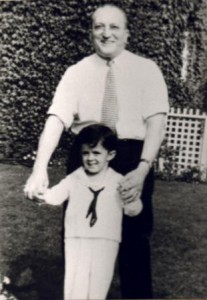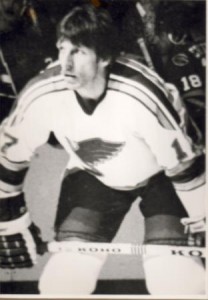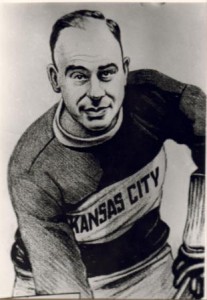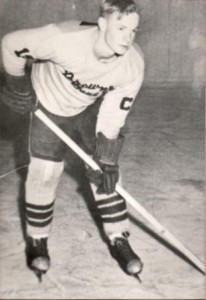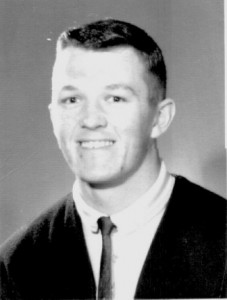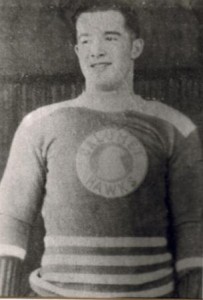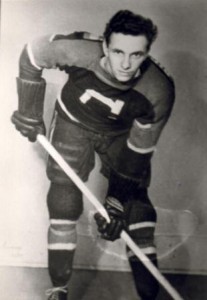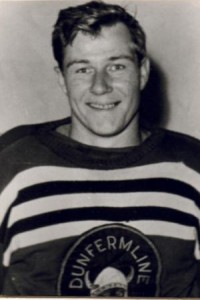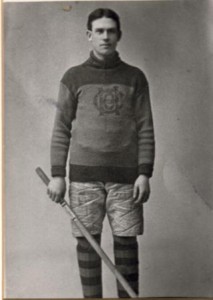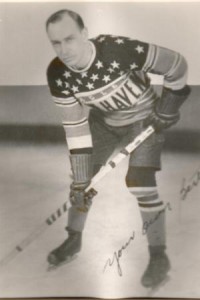 Ab Hughes was the fifth Collingwood born hockey player to make the National Hockey League and he did not achieve this mark until he was past thirty. That is considered to be an advantage age for a rookie but he stayed up there for three years with the old New York Americans and went on to a successful coaching career in St. Louis.
Ab Hughes was the fifth Collingwood born hockey player to make the National Hockey League and he did not achieve this mark until he was past thirty. That is considered to be an advantage age for a rookie but he stayed up there for three years with the old New York Americans and went on to a successful coaching career in St. Louis.
He started as a junior with Collingwood and immediately caught the eye of a Toronto hockey scout who induced him to come to Toronto in 1917. He was only sixteen at the time but he starred with Aura Lee and helped that team win the Ontario Junior “A” title.
His career was interrupted for almost three years when he served with the Canadian
armed forces in World War 1 but he took up right where he broke off and was a
member of the Collingwood Intermediate O.H.A. champions in 1920.
He saw a great deal of senior action with Toronto, Hamilton and Welland and then signed a professional contract with the New Haven Eagles and later played two years with the New York Americans in the N.H.L. in 1931 and 32.
Scotty Carmichael (founder of the Hall of Fame) was one of a group of Collingwood fans who made the trip to Toronto to see Hughes play his first game as a N.H.L. pro in the new Maple Leaf Gardens in 1931. What a show he put on for the home town fans. Abbie scored two goals and the Amerks beat the Leafs 3-2.
In the late thirties he was signed as a player-manager of the team fledging St. Louis
team in the American Association. He is credited with educating St. Louis to the ice game as he held skull sessions with the fans between periods and before games and organized the first hockey school.

